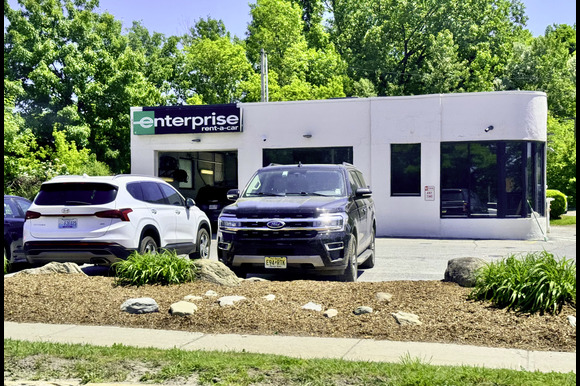Shares of heavily shorted Hertz and Avis Budget Group experienced a significant increase on Thursday, following U.S. President Donald Trump’s announcement of a proposed 25 percent tariff on imported vehicles. This development heightened the likelihood that consumers might choose to rent cars rather than purchase costly new ones.
The proposed tariffs could potentially raise the price of an average vehicle in the United States by thousands of dollars. The American Automotive Policy Council emphasized the importance of implementing these tariffs in a manner that does not lead to increased costs for consumers.
Dennis Dick, chief strategist at the Stock Trader Network, noted, “These rental companies stand to gain from the tariffs because if car prices rise, some individuals may decide, ‘I don’t travel that often; I’ll just rent a car instead.’” Following this news, Hertz’s stock surged by 23.8 percent, while Avis Budget’s shares rose by 23 percent, despite both companies having lost nearly half of their market value over the past year.
Both Avis and Hertz are favored by short sellers, investors who speculate on a stock’s decline, with 13 percent and 14.5 percent of their respective outstanding shares held in short positions, according to LSEG data.
A minor short squeeze is also contributing to the momentum of this rally, according to Dick.
Analysts at J.P. Morgan indicated that certain auto parts and services companies may gain from the recent tariff announcements, as consumers are expected to retain their vehicles for longer periods, leading to increased repair frequency and size, which would benefit the industry. Shares of auto parts retailers O’Reilly Automotive Inc and AutoZone each rose approximately 2.5 percent, while Advance Auto Parts experienced a 5.4 percent increase.
In contrast, automotive companies with a global supply chain faced declines, with General Motors experiencing an 8 percent drop.






